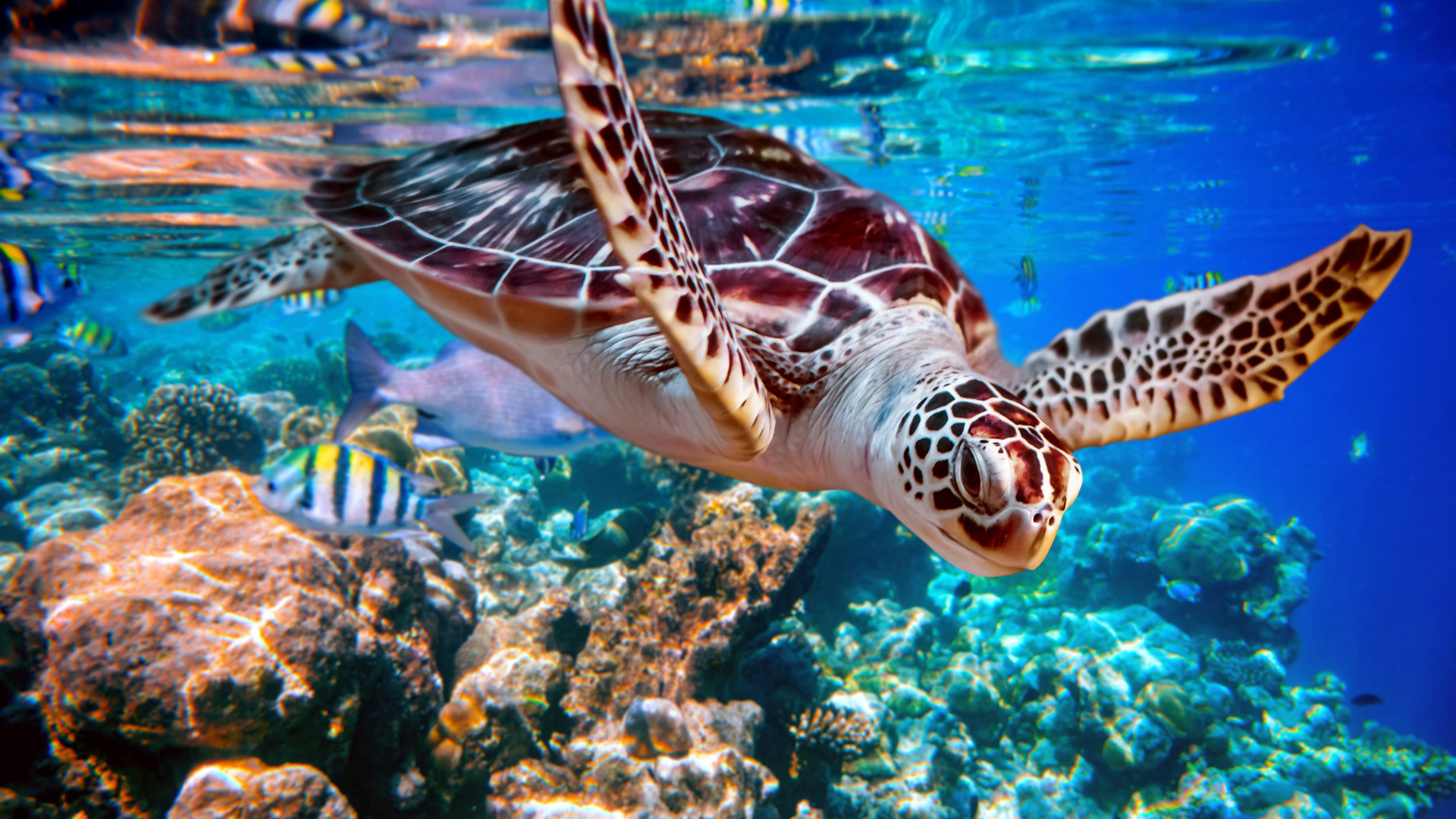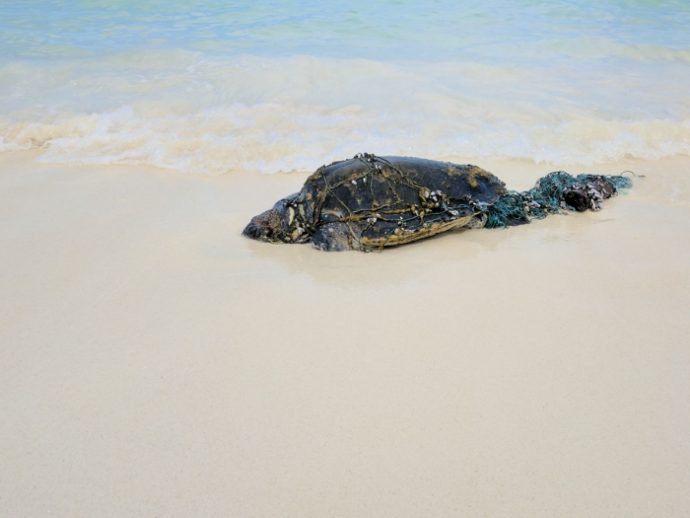

Warming Oceans Threatens Life in Maldives
Wednesday 15th of January 2020
Warming Oceans Threatens Life in Maldives
As the heat in the world’s oceans reached a new record level in 2019, the amount of heat being added to the oceans is equivalent to every person on the planet running 100 microwave ovens all day and night.
As a result of rising ocean temperatures and changing sea currents, leatherback turtles are making exhausting journeys, in some cases nearly twice as long as usual, from nesting to feeding grounds.

Changing ocean heat means changing rains, and that means more floods in some places and more droughts and wildfires in others. And as Maldives is one of the lowest countries on Earth, we are highly threatened by sea level rise.
But can we stop this? The way to end global heating and tackle the climate emergency is to stop emitting greenhouse gases. Most importantly that means a rapid end to fossil fuel burning, plus the protection and regeneration of forests and cutting down emissions from farming.